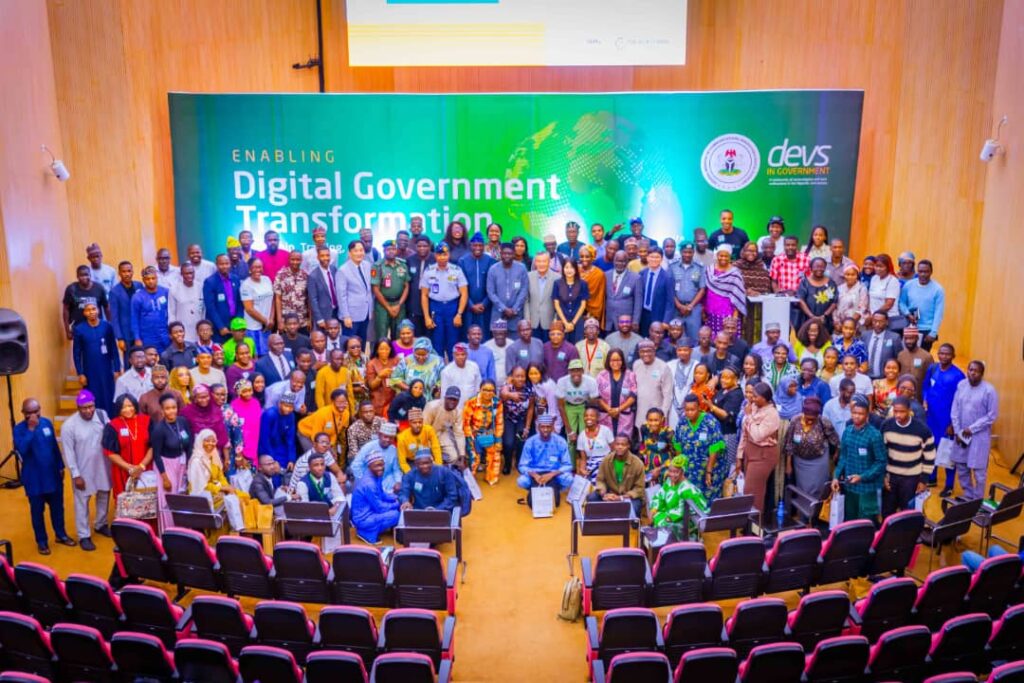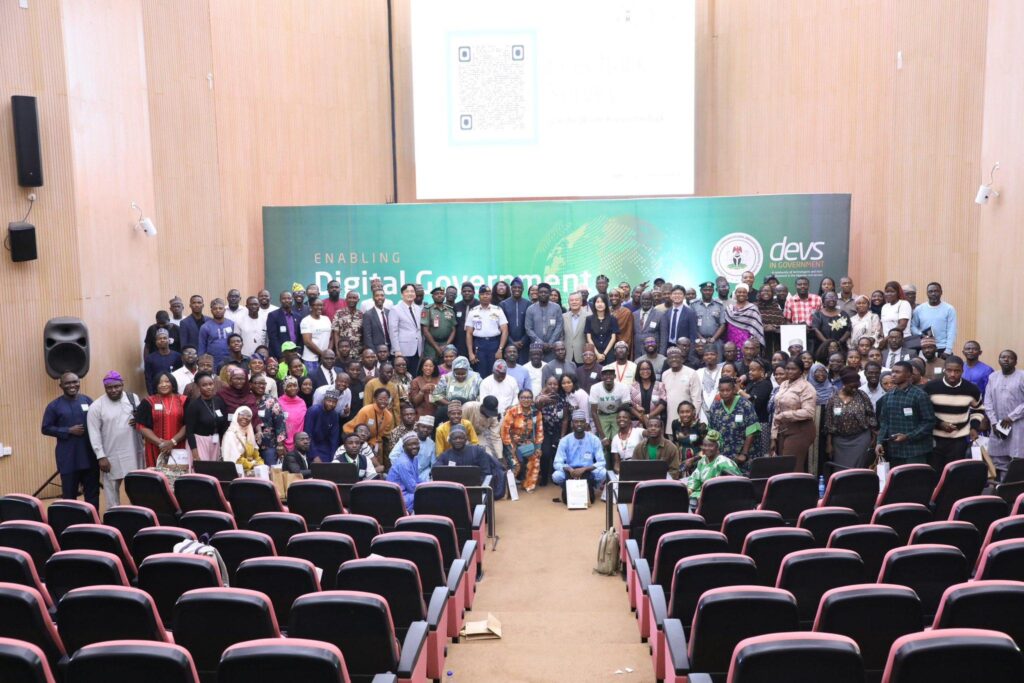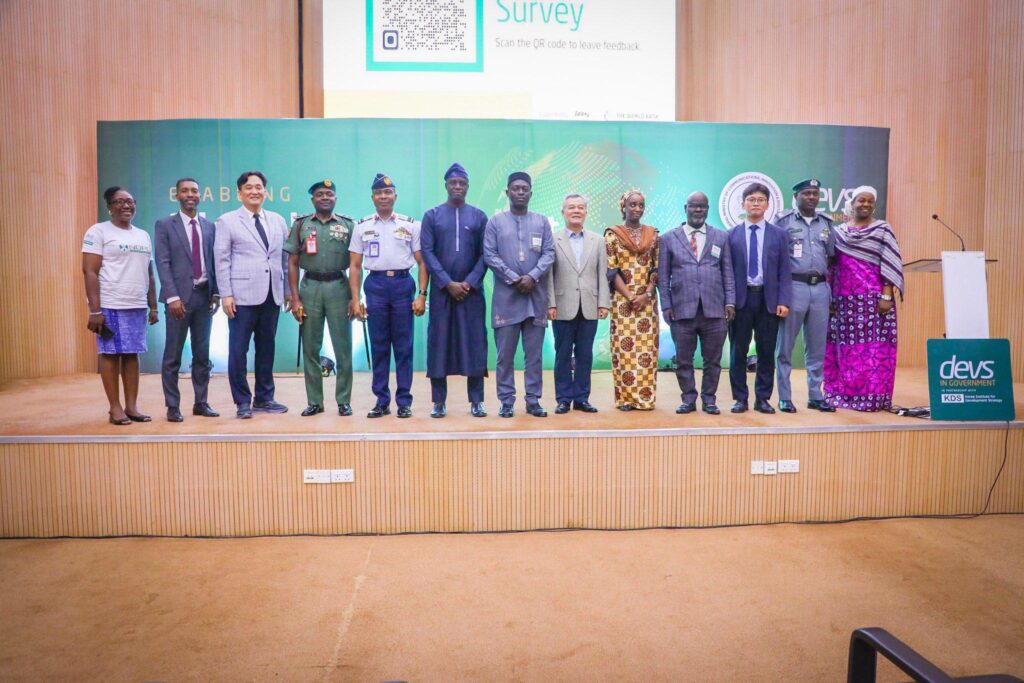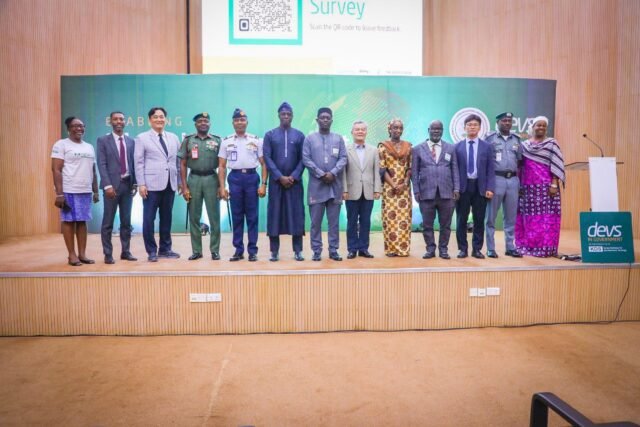In a clear demonstration of commitment to modernising public service, the Federal Ministry of Communications, Innovation and Digital Economy, in collaboration with the Korea International Cooperation Agency (KOICA), recently concluded a landmark training for 438 civil servants. Held on a single day in Abuja, this targeted programme formed part of Nigeria’s broader digital transformation drive, aiming to infuse public sector operations with cutting-edge skills and citizen-centric approaches.
The intensive training focused on empowering attendees with leadership capabilities, boosted service delivery expectations, and nurtured a mindset oriented towards delivering digital solutions that truly serve the citizen. It formed a pivotal component of the ministry’s vision to mould a digitally adept government, one that operates securely, innovatively, and with efficiency at its core.
Table of Contents

What Went Down: Themes, Speakers and Digital Tools Spotlight
Delivered under the banner “Enabling Digital Government Transformation: Leadership, Training and Citizen-Centric Systems,” the one-day workshop introduced participants to modern strategies for embedding ICT into governmental frameworks.
A key speaker, William Scheffers—a director at TG Consulting—drove home the point that today’s public sector cannot flourish without ICT competency. He emphasised that in a technologically advancing world, governments must keep pace or risk inefficiency and compromised service delivery. He warned of the real dangers posed by digital skills gaps: data risks, wasted investments, and lagging policy responsiveness.
Beyond general ICT awareness, Scheffers outlined the evolving terrain of digital governance—highlighting how cybersecurity, artificial intelligence, and cloud technologies are no longer optional but essential. He encouraged the use of microlearning, digital platforms, and hybrid training models to meet modern training demands swiftly and sustainably.
From the Korea side, Myeongseok Song, Deputy Director at the Korea Institute for Development Strategy (KDS), shared South Korea’s journey of building inclusive, collaborative digital ecosystems. He spoke of how Korea’s national strategy hinges on seamless interaction between citizens, government, and businesses, enabled via integrated digital platforms that unlock innovation and shared value.

Voices from the Session: Insights and Reactions
The response from trainees was notably positive, with participants describing the experience as both timely and deeply relevant amid Nigeria’s digital ambitions. Adetokunbo Adebola, Head of Data Strategy and Research in the office of the Vice-Chairman of the Senate Committee on ICT and Cybersecurity, praised the initiative, applauding Minister Bosun Tijani’s forward-looking push to boost digital literacy among public servants. He noted how these programmes promise lasting benefits for citizens by ensuring better-equipped, digitally fluent government operators.
Indeed, this training may be seen as part of the minister’s signature “DevsInGovernment” initiative—a monthly programme designed to galvanise the digital transformation of Nigeria’s civil service by emphasising ongoing learning, inclusion, and evolution.

The Bigger Picture: Building a Digitally Empowered Nigeria
This partnership between Nigeria’s Ministry and KOICA carries significant strategic weight. By equipping nearly 440 civil servants with ICT acumen, Nigeria is laying the groundwork for a future-ready civil service that can withstand cyber threats, harness AI and cloud innovations, and deliver responsive, digital-first citizen services.
Furthermore, by spotlighting flexible, blended learning methods after the traditional “sit-and-listen” training model, the initiative ensures continued capacity building long after the classroom closes. Microlearning and online modes mean that learning can keep pace with evolving technologies and policy needs.
Through cross-learning from South Korea’s digital government maturity—where collaboration among government, enterprises, and the citizenry forms the backbone of innovation—Nigeria draws a roadmap grounded in best practices and shared value creation. Such benchmarking ensures Nigeria’s digital ecosystem remains competitive and attuned to global standards.
Join Our Social Media Channels:
WhatsApp: NaijaEyes
Facebook: NaijaEyes
Twitter: NaijaEyes
Instagram: NaijaEyes
TikTok: NaijaEyes















![Trailblazing Chef Hilda Baci Set to Cook 250 Bags of Rice in Daring Attempt to Break Record for World’s Biggest Jollof Pot [VIDEO] Hilda Baci](https://naijaeyesblog.com/wp-content/uploads/2025/09/hilda-1-180x135.avif)
























